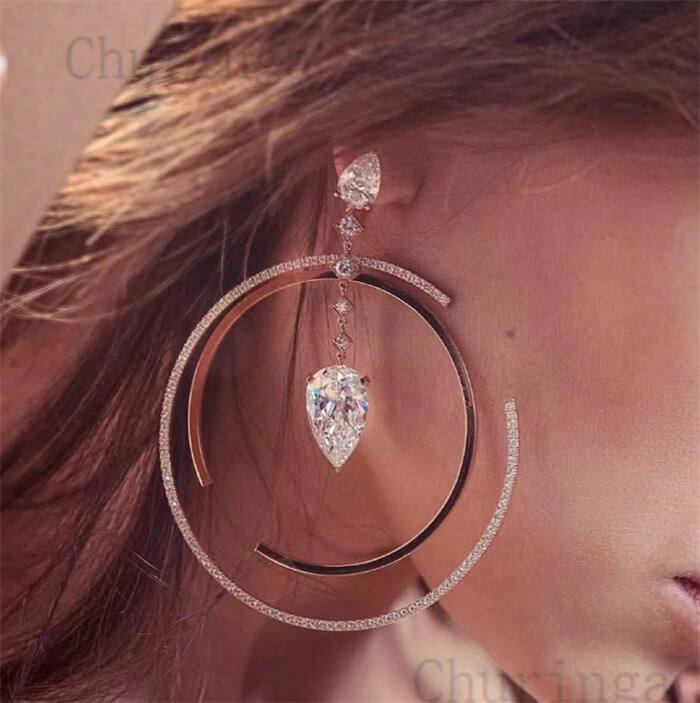Rolling or forging steel – what is the difference you might ask? And what are the benefits of ring rolling steel versus ring forging steel?
Let us have a quick look at the difference between traditional forging and ring rolling steel, and some of the benefits of the ring rolling process.
Forging on
While both rolling and forging follow a similar process of heating and manipulating hot metals, ring forging is a time-consuming process. It requires heating and hammering of the metals to shape them into rings, which can lead to uneven hammering even on the most well-calibrated machine causing weakness in the final product.
Rolling out
The process of ring rolling steel is a much quicker one than forging. Rollers are used to increase the diameter of a small ring while maintaining the volume, strength and integrity of the steel.
The Bottom Line
While forged rings can still be seamless, the advantages of the continuous grain that comes from the rolling process is an increase in the strength of the steel. This makes ring rolled steel ideal for applications such as turbines, aerospace, roller and ball bearings and pressure vessels. This grain is also more favourable by nature.
Ring rolling steel also saves on material costs as the rings have already been cut, there is very little waste or scrap involved in the rolling process, and less machining is needed.
With its increase in production time and the uniform quality of the rings, ring rolling steel is really an ideal way to go.
Rolling can also be done with any forgeable metals, which makes it more versatile to the market should manufacturers want to use other materials.
If you are looking for more information on ring rolling steel, or a company who will do it for you, contact Steelmor on 011 747 5700.

